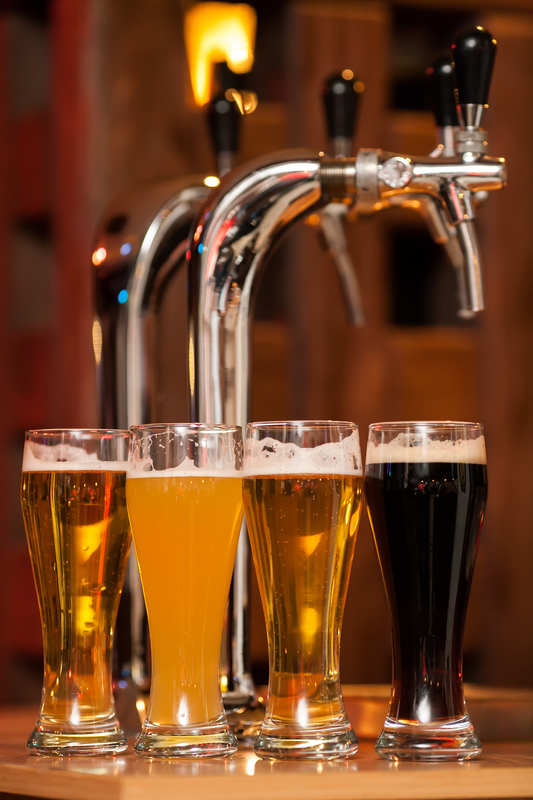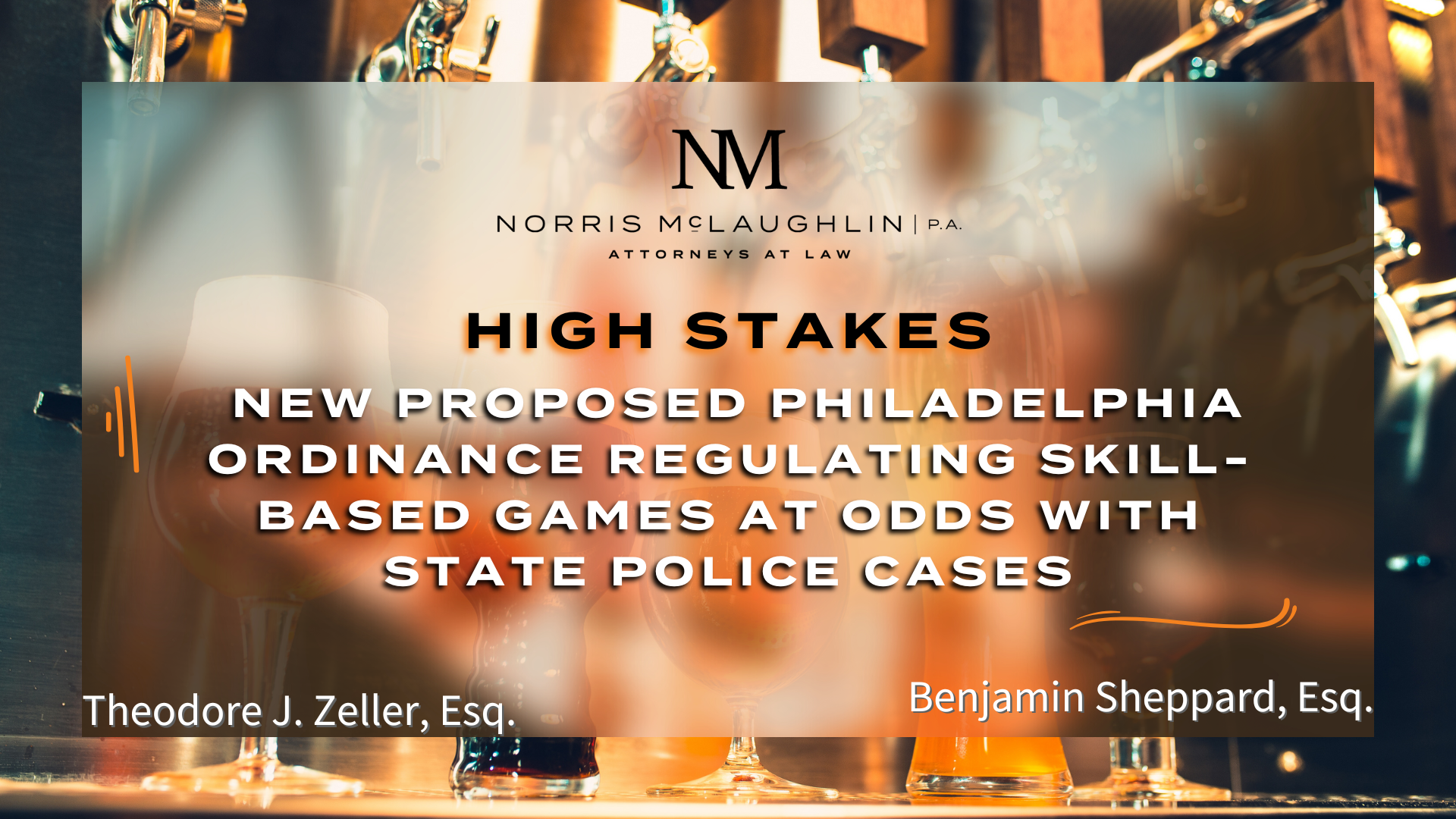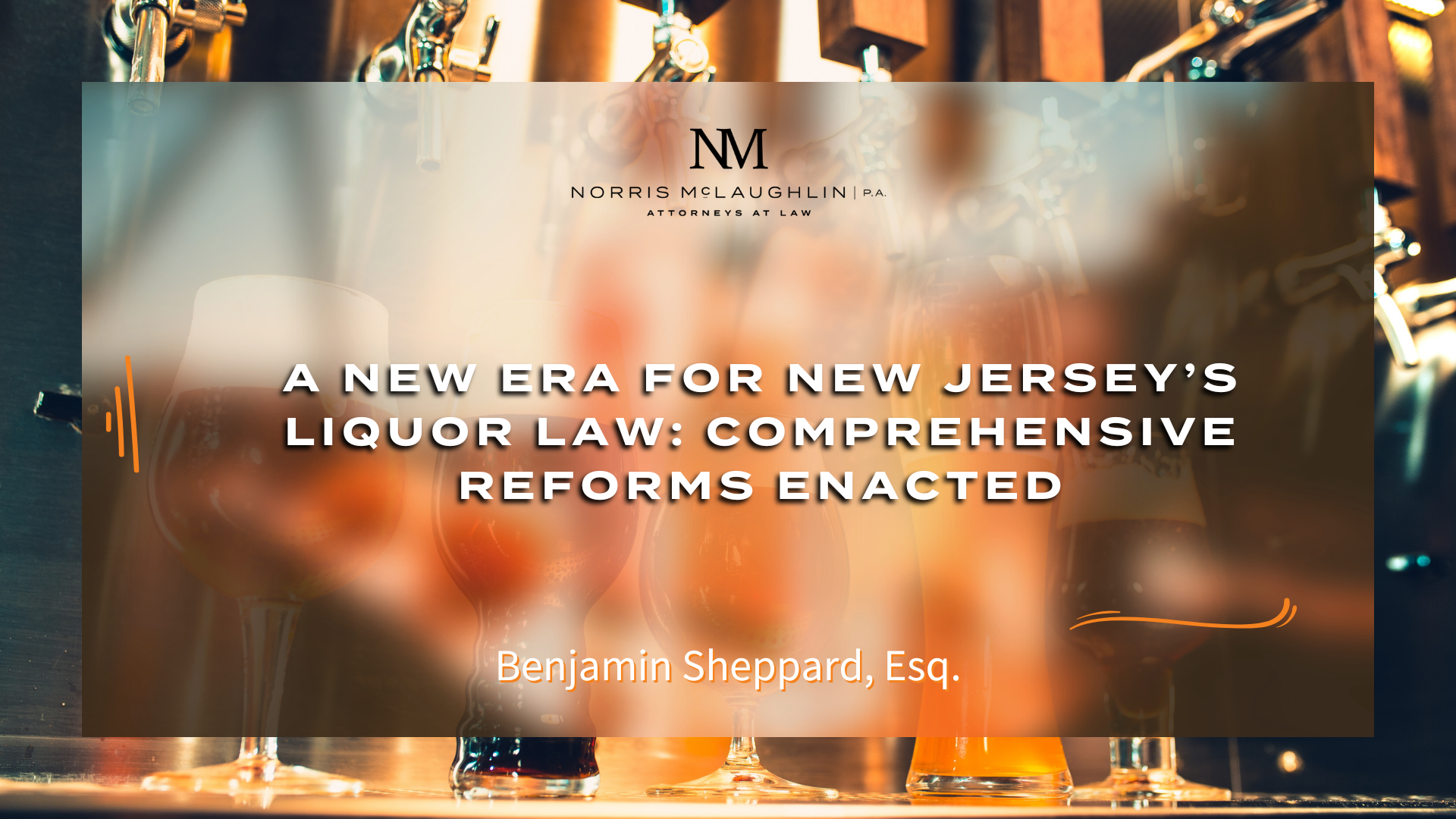Mango Peach Ale? Coconut Clove Stout? – TTB Formula Approval and Labeling for Alternative Ingredients and Brewing Processes

As brewers become more creative and push the flavor envelope, it is important to keep in mind that when you add "nontraditional" ingredients or use alternative brewing methods, TTB formula approval could be necessary. The Federal Alcohol Act defines a “malt beverage” as “a beverage made by the alcoholic fermentation of an infusion or decoction, or combination of both, in potable brewing water, of malted barley with hops, or their parts, or their products, and with or without other malted cereals, and with or without the addition of unmalted or prepared cereals, other carbohydrates or products prepared therefrom, and with or without the addition of carbon dioxide, and with or without other wholesome products suitable for human food consumption.” Historically, malt beverages, typically beer, were made with four ingredients – grain (such as barley), hops, yeast, and water. Malted barley would be soaked in water, the malt solution is boiled with hops, the mixture is then cooled, and yeast is added to ferment the sugars to create alcohol. For many years, a small variety of grains and hops were used to make beer. In more recent years, the types of grains and hops we see in beer have been much more expansive, allowing brewers to create their own unique flavor profiles. For instance, citra, mosaic, and galaxy hops have been increasingly popular. But in today's craft beer market, sticking to the "big 4" ingredients and traditional brewing processes may not be enough to stay competitive. Recently, brewers have been adding other ingredients and using different brewing processes to come up with some really interesting flavors of beer. Barrell-aged beers are commonplace; beers containing spices, orange, and maple syrup are all over the shelves; and dessert-inspired beers, like key lime pie and chocolate peanut butter, are no longer a rarity. So what processes and ingredients are exempt from formula approval, and when is it required?
Pasteurization, filtration prior to bottling, filtration in lieu of pasteurization, lagering, carbonation, and blending are examples of "traditional" processes for which you do not need formula approval. However, removal of any volume of water from beer, filtration of beer to substantially change the color, flavor, or character, and separation of beer into different components, are examples of non-traditional processes for which you must file a formula. Recognizing trends in the craft beer market, the TTB has also determined that certain processes, such as aging beer in barrels that were previously used in the production or storage of wine or distilled spirits, do not require the filing of a formula.
With respect to coloring and flavoring, TTB regulations generally require formula approval for any fermented product to which flavors or other nonbeverage ingredients (other than hop extract) containing alcohol will be added, any fermented product to which coloring or natural or artificial flavors will be added, and any fermented product to which fruit, fruit juice, fruit concentrate, herbs, spices, honey, maple syrup, or other food materials will be added. However, TTB Rulings within the past few years have recognized that ingredients such as honey, certain fruits, certain spices, and certain food ingredients are now traditionally used in the production of beer. The TTB maintains a list of more than 75 ingredients that are "suitable for human consumption," and their addition to beer does not result in the need for formula approval (provided the product satisfies all other applicable regulations). But keep in mind that the exemption of specific ingredients does not mean that extracts, essential oils, or syrups made from those ingredients are also exempt, as extracts, essential oils, and syrups may contain alcohol or other ingredients, and their use in beer will still require a formula submission, even when they are made from exempted ingredients.
The regulations permit a brewer to submit a request that TTB exempt from the formula requirement a particular coloring, flavoring, or food material for use in the production of beer. The brewer's request must include: a description of the proposed ingredient; evidence establishing that the proposed ingredient is generally recognized as a traditional ingredient in the production of a fermented beverage designated as "beer," "ale," "porter," "stout," "lager," or "malt liquor;" and an explanation of the effect of the proposed ingredient in the production of a fermented product. Because obtaining formula approval puts the recipe in the public domain, brewers may wish to seek exemption from formula approval to help protect the confidentiality of their recipes. To the extent a formula approval is the only option, it is recommended that ingredient listings be put in ranges which will help protect your exact formula and make compliance easier to achieve if audited.
Lastly, brewers should also be aware that if they are using ingredients that do not require formula approval, they must still label their product appropriately. For example, if a brewery releases a beer brewed with cherries, the label cannot simply refer to the product as "beer" or "stout" even though cherries are now considered to be recognized as a traditional ingredient in beer. Instead, the label must include enough information to make it clear that the product contains at least one of the ingredients exempted by the TTB, such as "cherry ale" or "cherry stout."
We hope your brewery will come up with a new uniquely flavored beer that will have droves of beer drinkers waiting in line for a special release - perhaps a pepper passion fruit porter or a spearmint strawberry lager. Just be sure you are keeping up with TTB formula approval and labeling requirements as new ingredients and brewing methods are implemented.
For information regarding national and state liquor law matters or general manufacturing and distribution advice, please contact our Liquor Law, Licensing, Manufacturing, and Distribution Practice Group: Liquor Law Department Chair Theodore J. Zeller III, Esquire (tzeller@norris-law.com); David C. Berger, Esquire (dberger@norris-law.com) for Pennsylvania and New Jersey retail and manufacturing licensing; or contact our offices at 610-391-1800.
This blog post provides information in the area of liquor law. This information should not be construed as legal advice, and readers should not act upon it without professional counsel.



